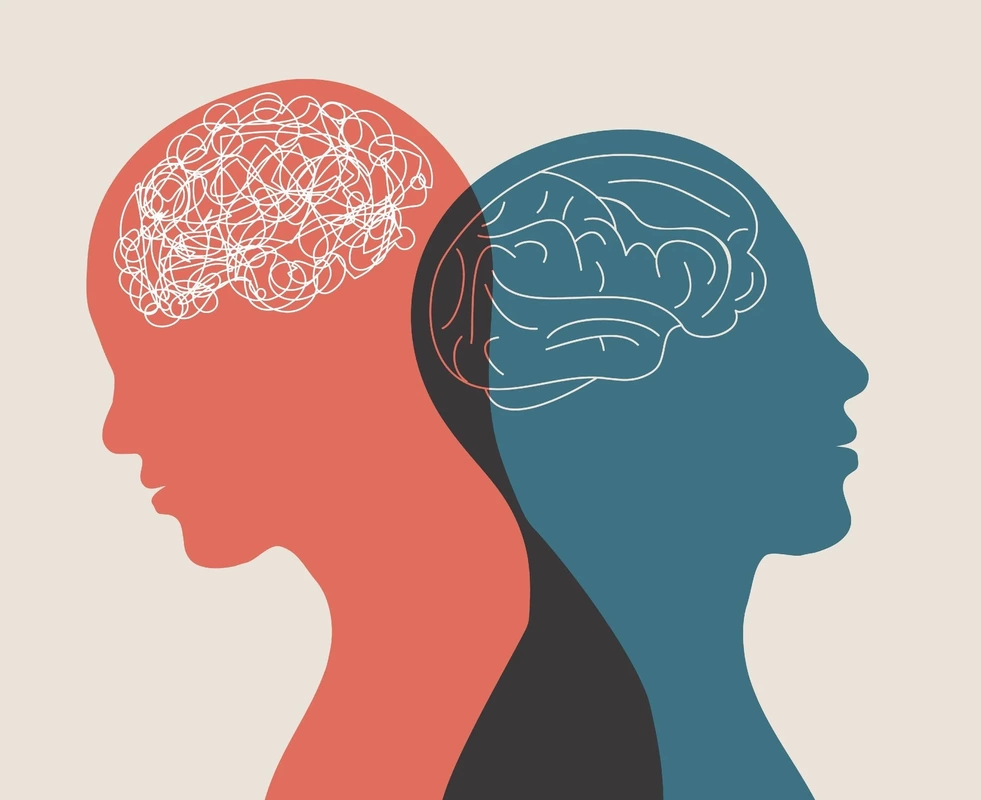Stress, anxiety, and negativity are some examples of how the subconscious mind can affect the body. When trauma or negative experiences go unresolved mentally, they can result in a range of downstream effects, including physical symptoms such as headaches, fatigue, and muscle tension. Addressing these types of issues can lead to positive outcomes in terms of health, including improved immune function and decreased risk of chronic illness.
To know if someone needs to change how they are thinking or reacting, they need to look for consistent activities, responses, reactions, or issues. For instance, if someone is consistently experiencing feelings of stress or anxiety, they may need to change how they are thinking or reacting to certain situations.
Changing deep subconscious thoughts or issues can be a challenging process, but there are methods and treatments that can be effective. These include cognitive-behavioral therapy, mindfulness practices, and medication. Supplements such as Omega-3 fatty acids, Ashwagandha, Magnesium, Rhodiola Rosea, L-Theanine, and probiotics have been found to have positive effects on mental health.
Several studies have been conducted to support the effectiveness of these supplements. For example, a systematic review and meta-analysis of 19 clinical trials found that Omega-3 supplementation significantly reduced depressive symptoms in patients with Major Depressive Disorder. A randomized, double-blind, placebo-controlled trial of 64 adults with chronic stress found that Ashwagandha supplementation significantly reduced stress and anxiety levels compared to placebo.
The subconscious mind has a profound impact on the body, affecting everything from stress levels to overall health. By addressing those rooted subconscious thoughts or issues, individuals can improve their mental and physical health. Supplements and treatments such as cognitive-behavioral therapy, mindfulness practices, and medication can be effective in achieving these positive outcomes.




 RSS Feed
RSS Feed